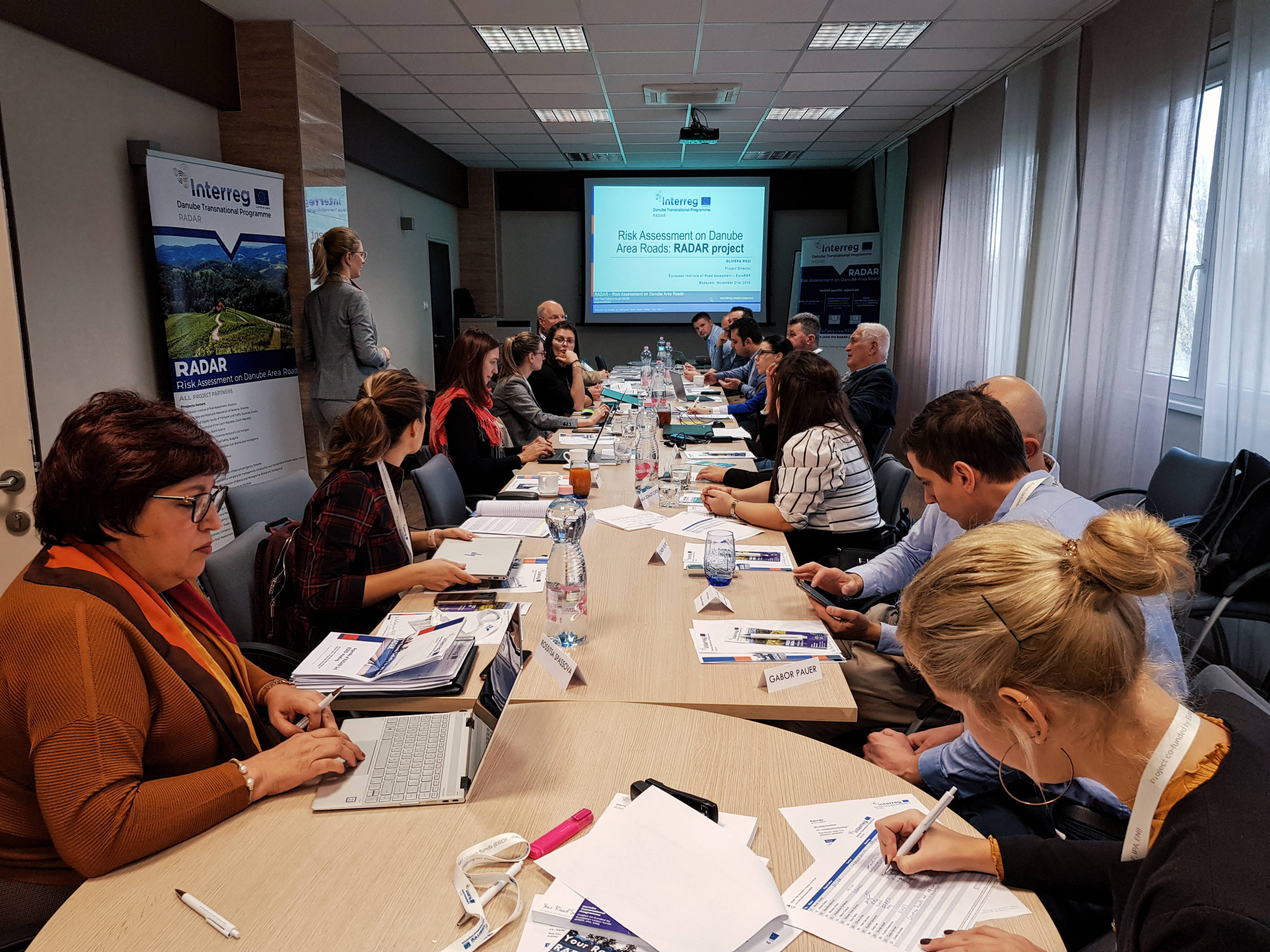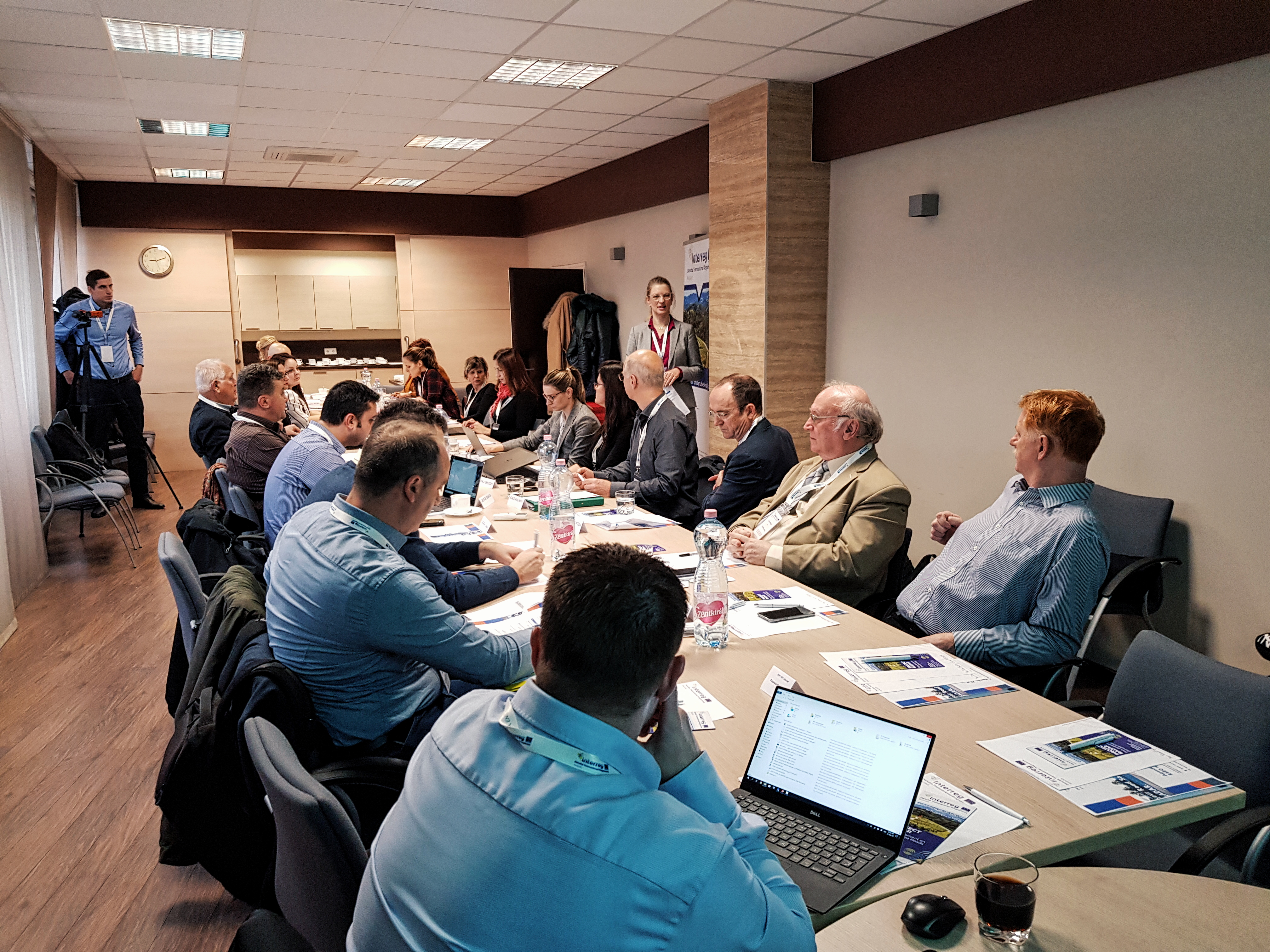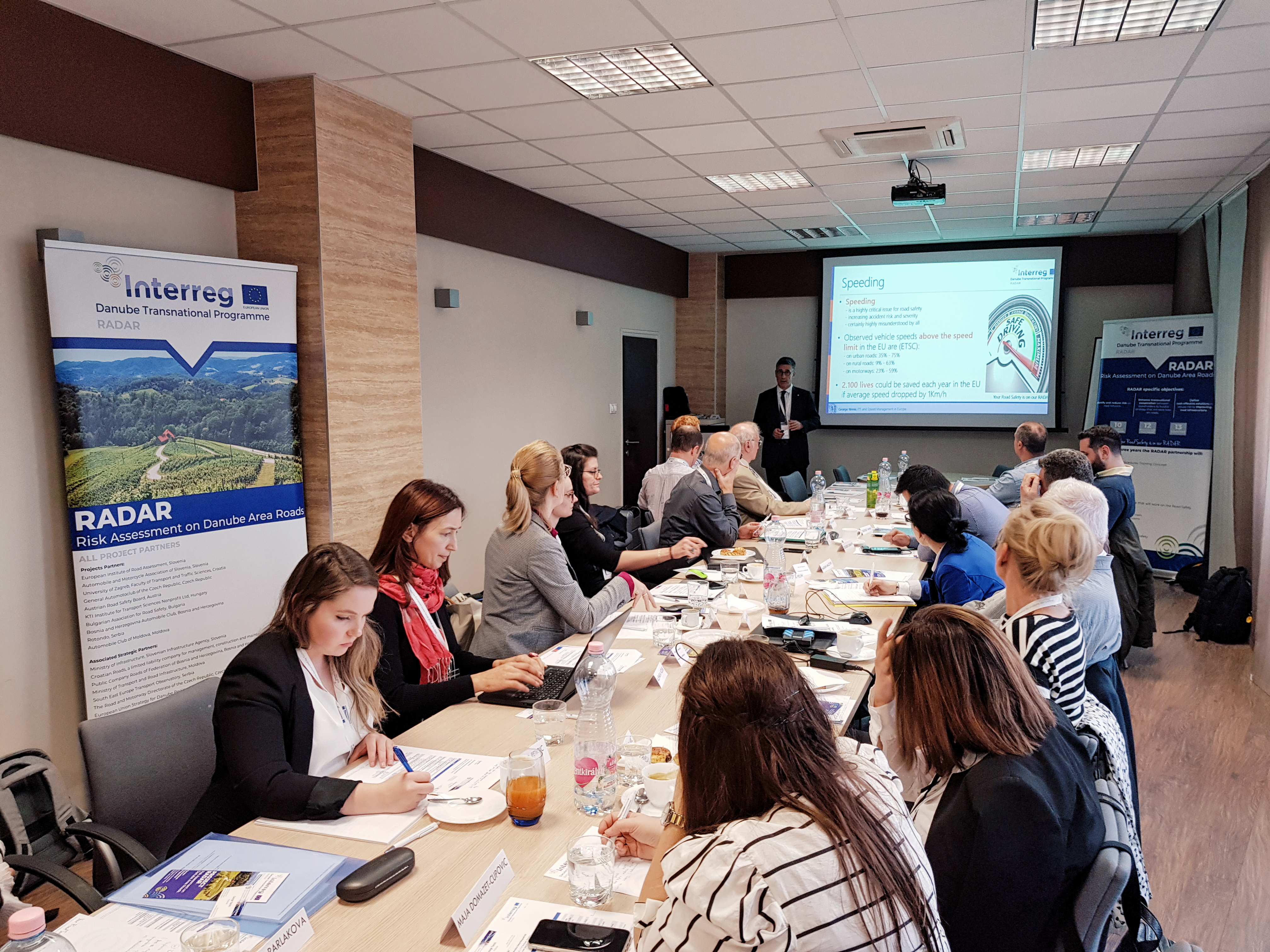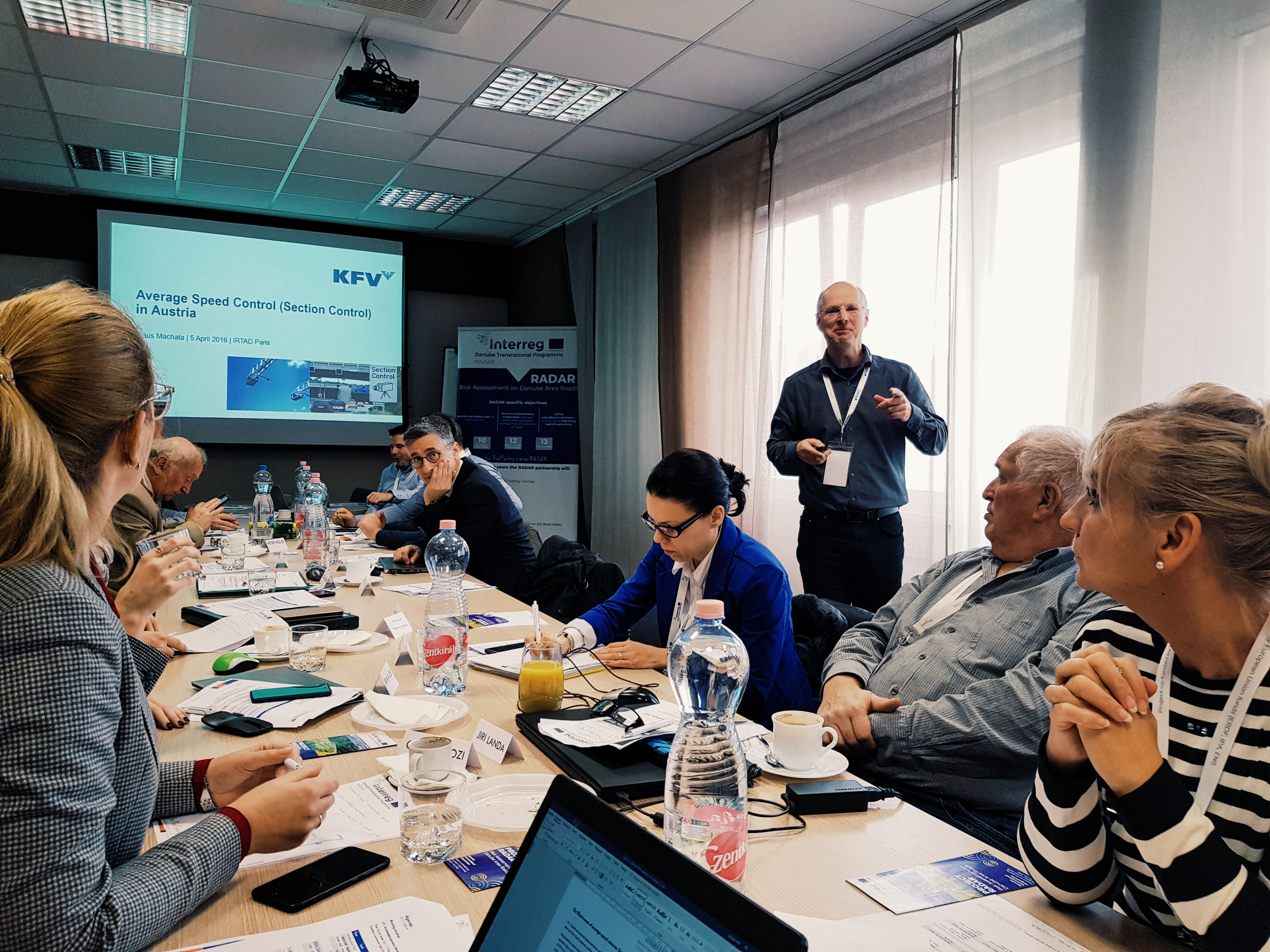RADAR - THIRD ROAD SAFETY EXPERT GROUP MEETING: INNOVATING FOR THE TRANSPORT OF THE FUTURE
22-11-2019
On November 21, 2019, in Budapest, Hungary, the RADAR project implemented the third Road Safety Expert Group (RSEG) meeting on Thematic Area 3 – intelligent transportation system (ITS), speed management and traffic calming approaches, organised by our RADAR project Partner, KTI Institute for Transport Sciences.

Intelligent Transport Systems (ITS) can significantly contribute to a cleaner, safer and more efficient transport system. With the conception of smart city transmuting cities into digital societies, making the life of its citizens easy in every facet, ITS has become an indispensable component among all.

In any city mobility is a key concern; be it going to school, college and office or for any other purpose citizens use the transport system to travel within the city. Leveraging citizens with an ITS can save their time and make the city even smarter. ITS aims to achieve traffic efficiency by minimizing traffic problems and enriches users with prior information about traffic, local convenience real-time running information, seat availability, etc. which reduces the travel time of commuters as well as enhances their safety and comfort. It also serves as a means to contribute to improving the traffic calming approaches as well as implement a range of measures aimed at balancing safety and efficiency of vehicle speeds on a road network. As explained by George Yannis, National Technical University of Athens: “speed enforcement is important as it will increase perception of enforcement which leads to changing drivers’ behaviour.”

ITS refers to efforts that apply information, communication, and sensor technologies to vehicles and transportation infrastructure in order to provide real-time information for road users and transportation system operators to make better decisions. ITS are also vital to increasing road safety. “Not only does the improving the road safety change the lives of all road users, it also contributes to environmental challenges,” stated Klaus Machata, KfV, Austrian Road Safety Board.

ITS can make transport safer, more efficient and more sustainable by applying various information and communication technologies to all modes of passenger and freight transport. Moreover, the integration of existing technologies can create new services. ITS are key to support jobs and growth in the transport sector. It can also contribute to improving the technology of driverless and autonomous vehicles.
In the coming years, the digitalisation of transport in general and ITS, in particular, are expected to take a leap forwards. But in order to be effective, the roll-out of ITS needs to be coherent and properly coordinated across the EU.
The third RSEG meeting followed the content-related Study Visit in Budapest, Hungary. Read more about the Study visit on ITS HERE.

